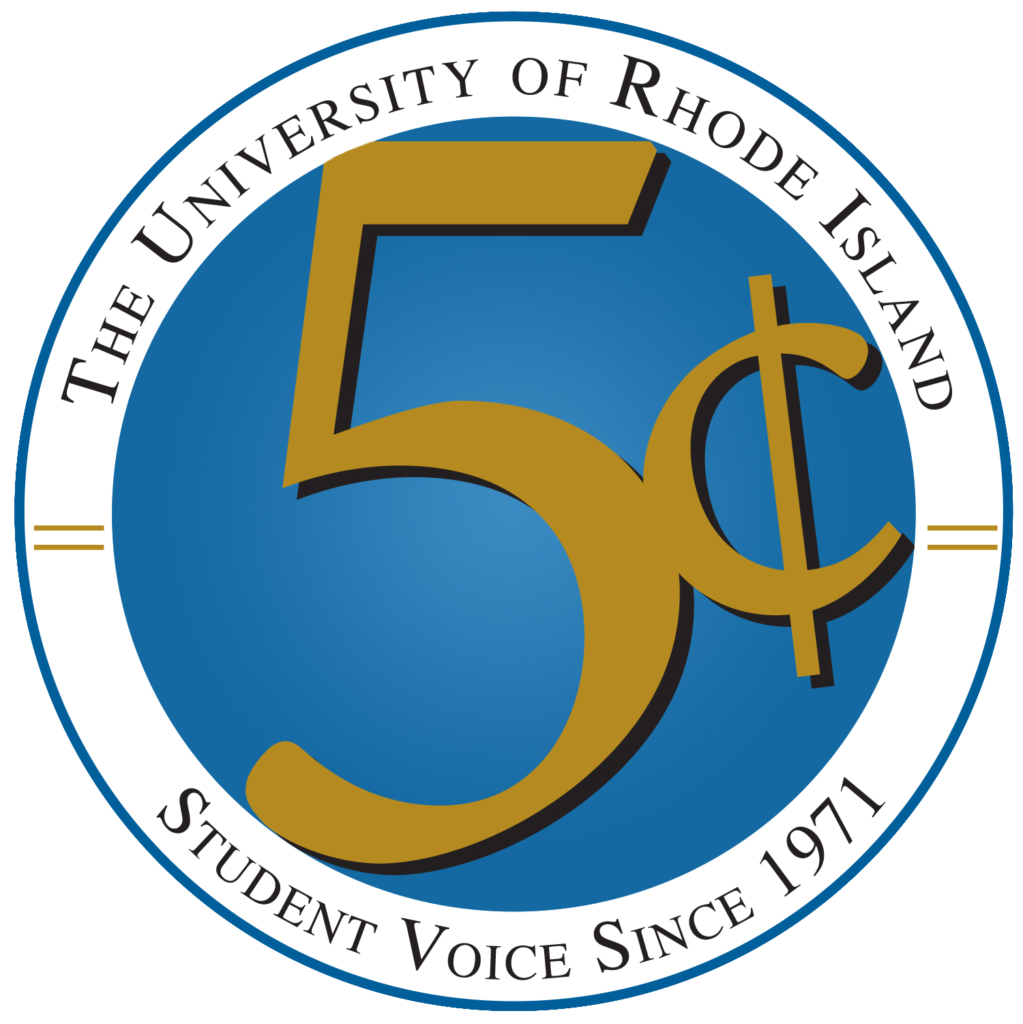As intersectionality becomes a larger focus for many movements, the University of Rhode Island’s Disability, Access and Inclusion department has created a lecture series about the intersection between LGBTQIA+ people and people who are disabled.
Student Disability Services and Outreach and Intervention Coordinator Lukas Chaves started to develop the lecture series in July 2021. He developed the Queerly Disabled lectures as a way to give students whose identities intersect between LBTQIA+ and Disability a chance to interact within a professional and confidential setting.
“Our goal was to have like a three-part series, where we could present historical information while also have opportunities for discussion as well,” Chaves said.
Alongside Disability Services for Students Coordinator Nina Schiarizzi-Tobin, they found that the lectures have helped to inform students about notable LGBTQ+ and disability-related historical events and the importance of addressing intersectionality in identities while engaging in community discussions.
Through developing the Queerly Disabled lectures, Chaves has worked to learn more about disability identities and how they intersect with queer identities.
“So, kind of taking my knowledge of LGBTQ+ history and examining it through a disability lens was something that I really wanted to implement,” Chaves said.
Schiarizzi-Tobin feels that these conversations and support communities are very important, which led her to pursue creating a safe space for students who identify as someone with a disability or within the LGBTQ+ community.
A collaboration with the URI Gender and Sexuality Center has helped Chaves and Schiarizzi-Tobin develop and inform Queerly Disabled lecture information. The Center offers support for the lectures, including promotions and space for the lectures to occur, that may be attended by students who are acknowledging who they are for the first time.
“We have this collaboration with Annie Russell and the Gender and Sexuality Center, who have been informing the content of the presentation, very generously offering space and support with promotion and things like that.” Schiarizzi-Tobin said.
Chaves developed the lectures to be interactive for community members by incorporating discussion questions following slides regarding historical topics, including the Stonewall Riots, activist Marsha P. Johnson and how HIV/AIDS was not covered under the Americans with Disabilities Act.
Schiarizzi-Tobin and Chaves said that reactions to the lectures have been very positive so far, and emphasized that any student who identifies with either identity is welcome to join.
They continue to have weekly meetings to collaborate with the Gender and Sexuality Center to help tailor the lectures to the needs of the communities by responding to shared information.
In order to help keep the confidentiality and privacy of students, Schiarizzi-Tobin and Chaves found Queerly Disabled lectures have been better suited for Google Meet. The coordinators discovered through the impact of COVID-19 that virtual formats can help bring people together.
“I think that the last year has definitely shown us that there are many things that we can do to bring people together even if it’s in a virtual format,” Schiarizzi-Tobin said. “That’s valuable, and hopefully we’re part of this effort to help students to connect with URI in a variety of ways and each other in a variety of ways that are meaningful.”
Chaves hopes to continue the project even further in some way to make the students feel validated and seen in a safe space at URI.
“We’ve talked about carrying over the project [over] the following semester,” Chaves said. “[We] talked about maybe having a support group with different kinds of formats with [the] same like similar topics, with the Gender and Sexuality Center, so we’re hoping that there is room to grow.”
The three-part lecture series is scheduled for two more lectures over Google Meet on Oct. 7 and 14 from 6-8 p.m.

